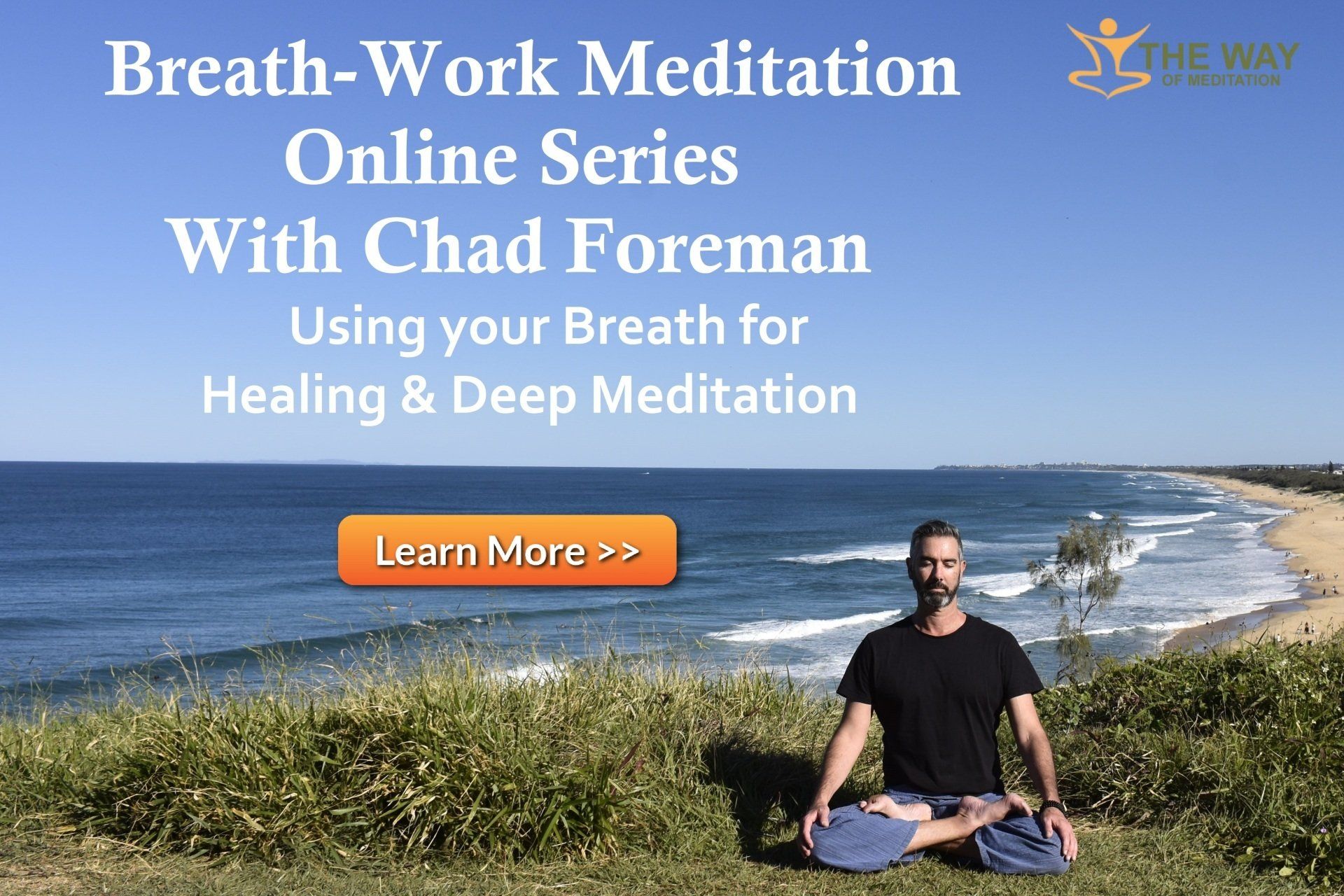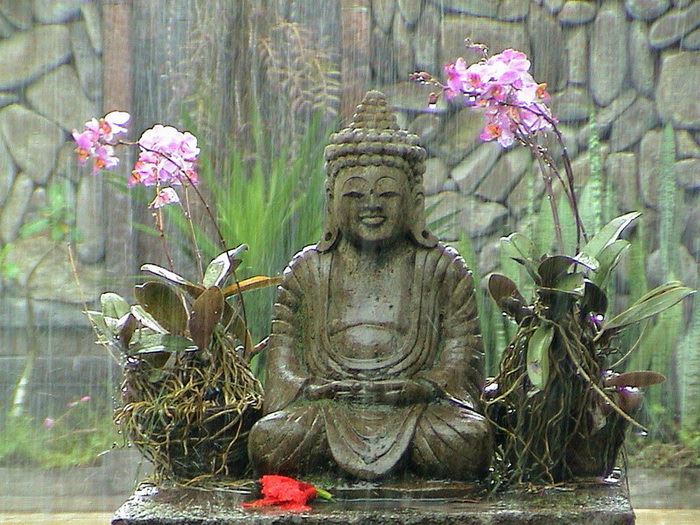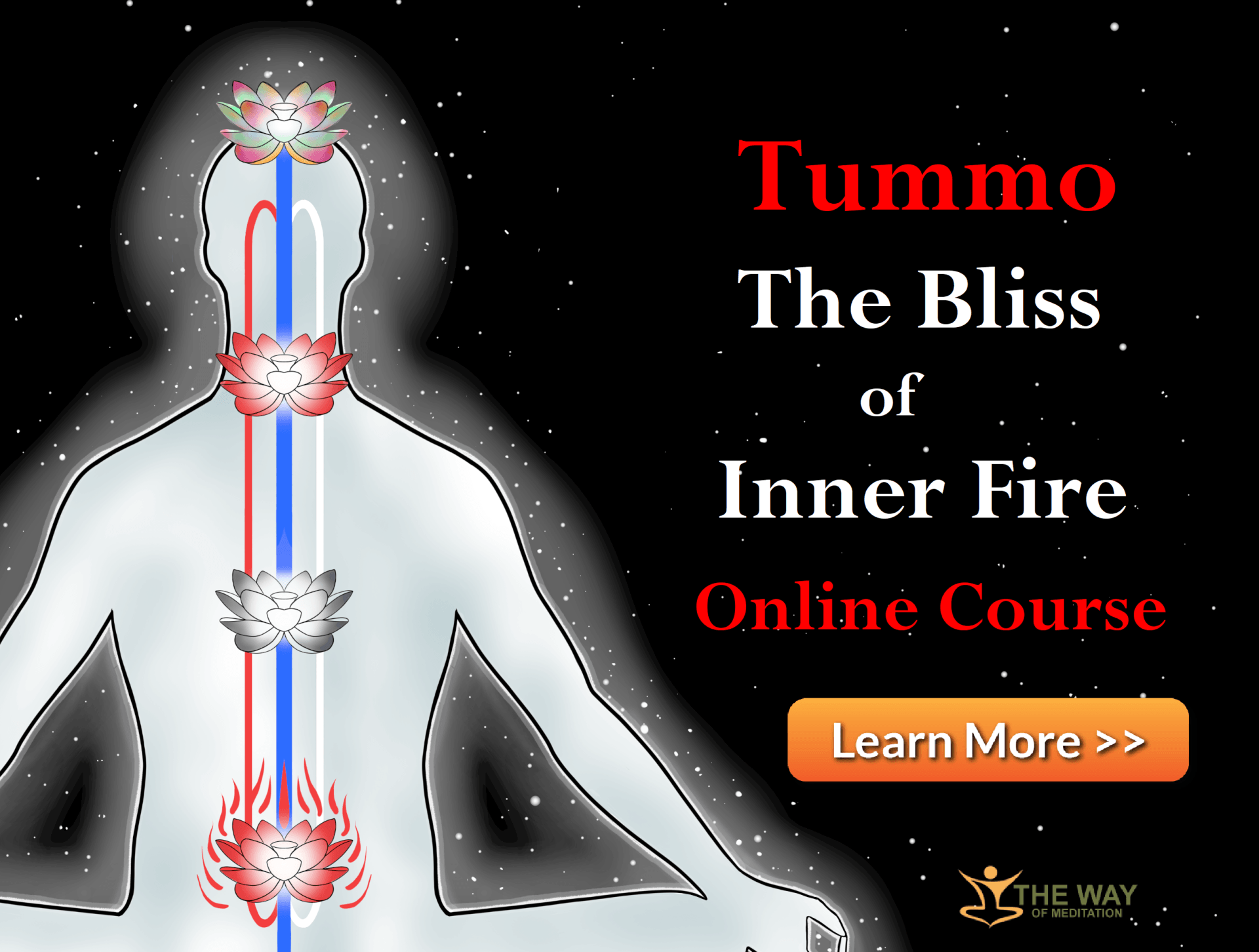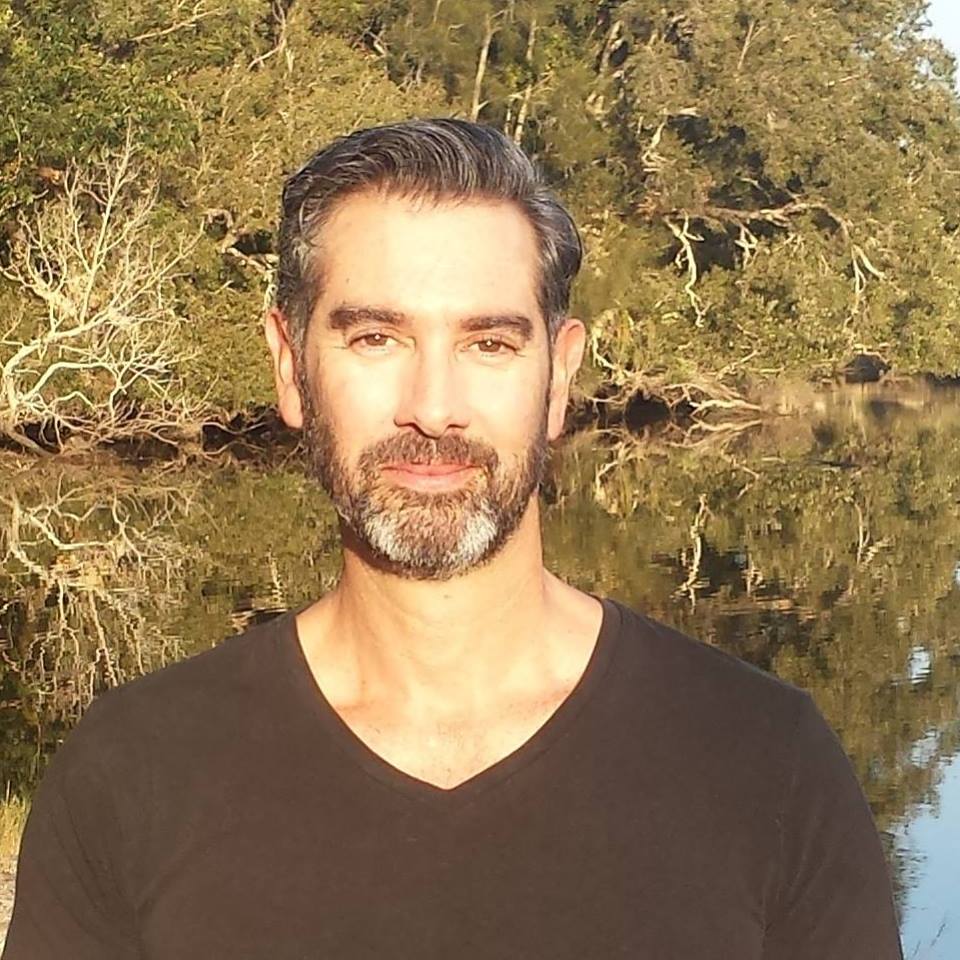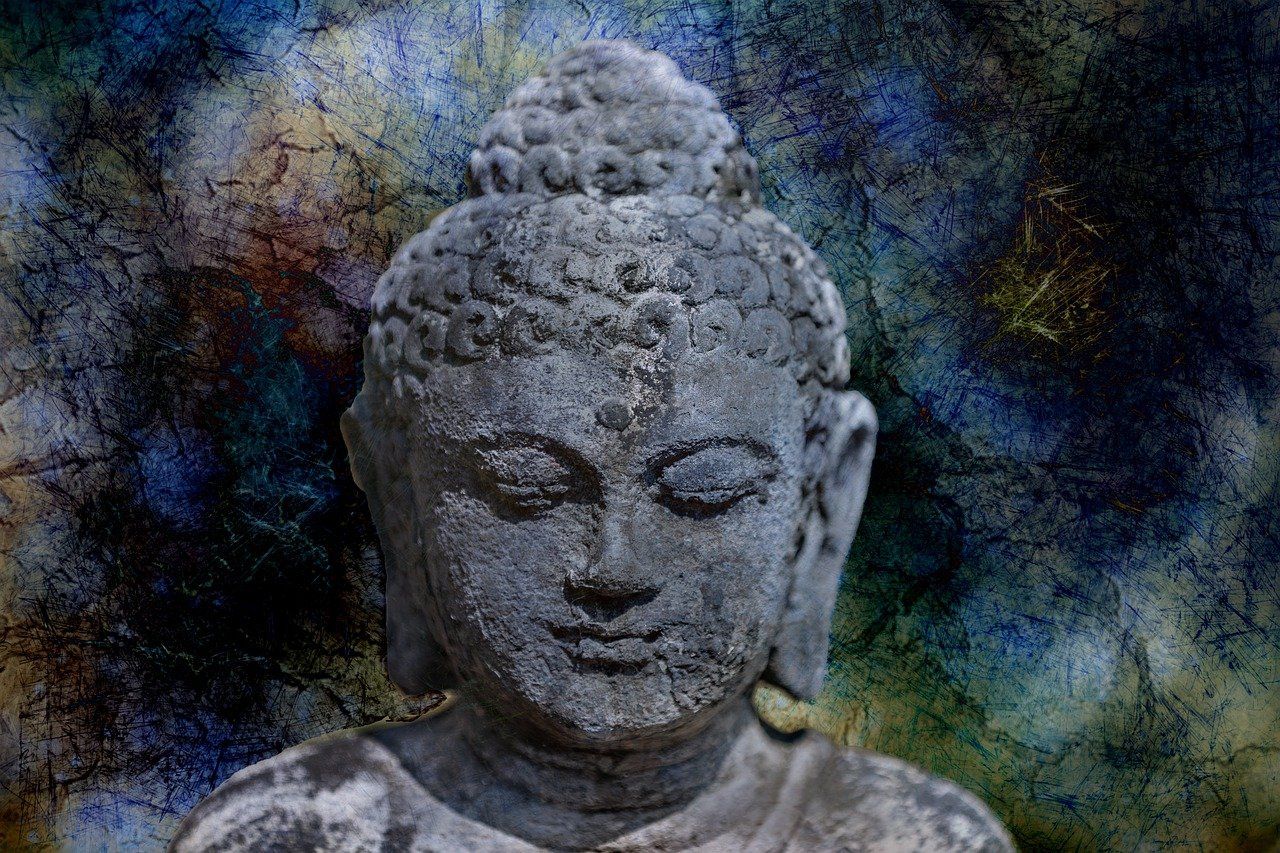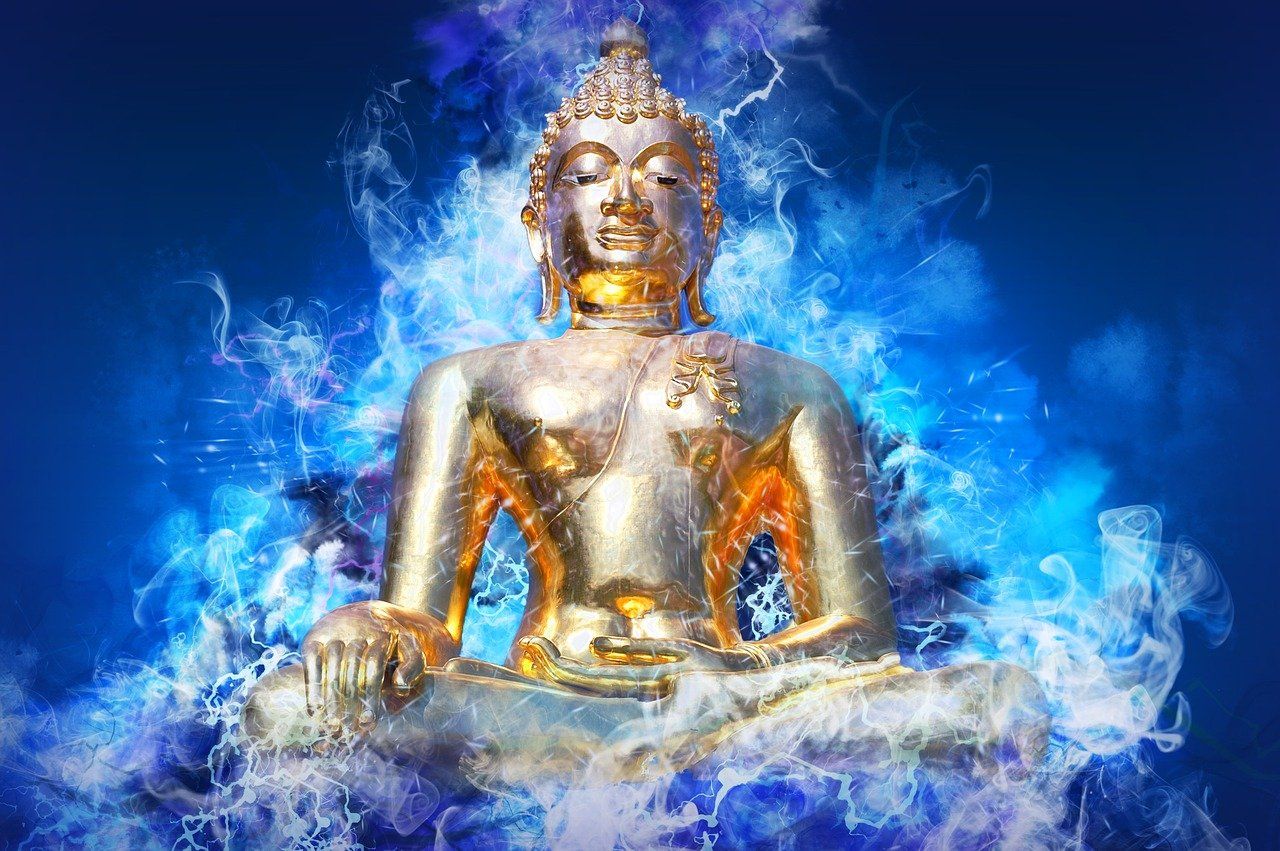The 8 Worldly Concerns That Prevent Happiness According to Buddha
The idea comes from the first noble truth of Buddhism which says that desire causes suffering. But what type of desire? The desires are all related to the ego and the false idea that by accumulating or ridding yourself of certain things happiness can be attained. Essentially this comes under attachment and aversion which is the root cause of unhappiness according to Buddha.
- Taking delight in having money and material possessions ,
- Being disappointed, upset, angry when we lose possessions or don’t get them.
- Feeling delighted when people praise us and approve of us and tell us how wonderful we are.
- Feeling very upset and dejected when they criticize us and disapprove of us—even if they are telling us the truth!
- Feeling delighted when we have a good reputation and a good image.
- Being dejected and upset when we have a bad reputation .
- Feeling delighted when we experience sense pleasures —fantastic sights, sounds, odors, tastes and tactile sensations.
- Feeling dejected and upset when we have unpleasant sensations.
The eight worldly concerns consume our life and before long they rule our world. We all try to get more and better possessions, we all care about our reputation, avoid criticism and most of all try and create pleasant sensations for ourselves like eating good food, desiring good feelings and having great sex. I don’t like to generalise but I think you understand my point – these concerns take up a lot of our time. Tibetan Buddhist Master Lama Yeshe calls it a constant yo yo life:
“I get a present! I feel so happy!” “I lost that wonderful gift. I’m so unhappy.” Somebody says “You’re wonderful,” and we feel up; somebody says, “You made a mistake,” then our mood goes down.”
According to Buddha this is a big mistake and if it was true 2,500 years ago it is even more true today. Our modern society sells us and promotes these eight worldly concerns everyday. Advertising has been based on our basic desires since early last century when Edward Bernays a student of Sigmund Freud used Freud’s ideas of subconscious desires to sell and market commercial products. A great documentary called the The Century of the Self explains this brilliantly. Since then we have been inundated with advertising that provokes our worldly concerns.
So what’s the problem with these worldly concerns? It’s a trick. It’s based on the subconscious and primitive drives that tell us getting these things or avoiding these things will bring us happiness and satisfaction and this ignores and covers the realisation of where real happiness comes from. As Thubten Chodron a Tibetan Buddhist nun explains:
“This constant yo-yo mind is dependent on external objects and people and leaves us oblivious to how our mind is the actual source of our happiness and misery…..Life becomes a battle with the environment and the people in it, as we try to be near everything we like and get far away from or destroy anything we dislike. This brings us so much grief and suffering because our mind is so reactive.”
Without peace of mind money, fame or pleasure can never bring you happiness. There are rich people who are miserable and there are poor people who are happy. The state of the mind is definitely the primary cause of happiness. Buddha was a prince with all the luxury and wealth you can imagine and realised that it did not bring him lasting happiness. A modern example is Russell Brand who was obsessed with and had a never ending supply of woman, money and drugs but this is what he soon realised:
“When I was growing up, I thought I’d be a lot happier if I was famous and successful and if I had money….if you don’t have those things, you feel like you’re not enough… Increasingly I’ve realised- …everybody has beauty within themselves, and if you find this and accept this, then you will be happy regardless of external attributes or material things.”
I wrote this article as a response to a member of The Way of Meditation community on Facebook who said that all he really needed was 10 million dollars to be happy. He was joking, well sort of, but I think it is a thought in the back of a lot of peoples’s mind that if only I was rich I would be happy. This is why meditation is so important for a happy life. Meditating helps you to realise that a calm and peaceful mind does bring happiness regardless of external circumstances or what others think of you and this is a very important realisation and the beginning of your spiritual life. If you can be happy staring at a wall you can be happy anywhere.
Written by Chad Foreman
Chad Foreman is the founder of The Way of Meditation, has been teaching meditation since 2003, determined to bring authentic meditation practices into the lives of millions of people in the modern world. Chad is a former Buddhist monk who spent 6 years living in a retreat hut studying and practicing meditation full time and has now has over twenty years’ experience teaching meditation. Chad holds regular Meditation Retreats on the Sunshine Coast Australia, has Online Meditation Coaching, delivers three online programs - The 21 Day Meditation Challenge to help guide people gradually from the basics of mindfulness and relaxation to profound states of awareness. Breath-work to help manage stress and go deeper into meditation and The Bliss of Inner Fire which is a Buddhist tantric method for purifying energy blocks and contacting the clear light of bliss. You can also now get Chad's free e-book Insights Along the Way.
Get A FREE
Guided Meditation Series
with Chad Foreman





